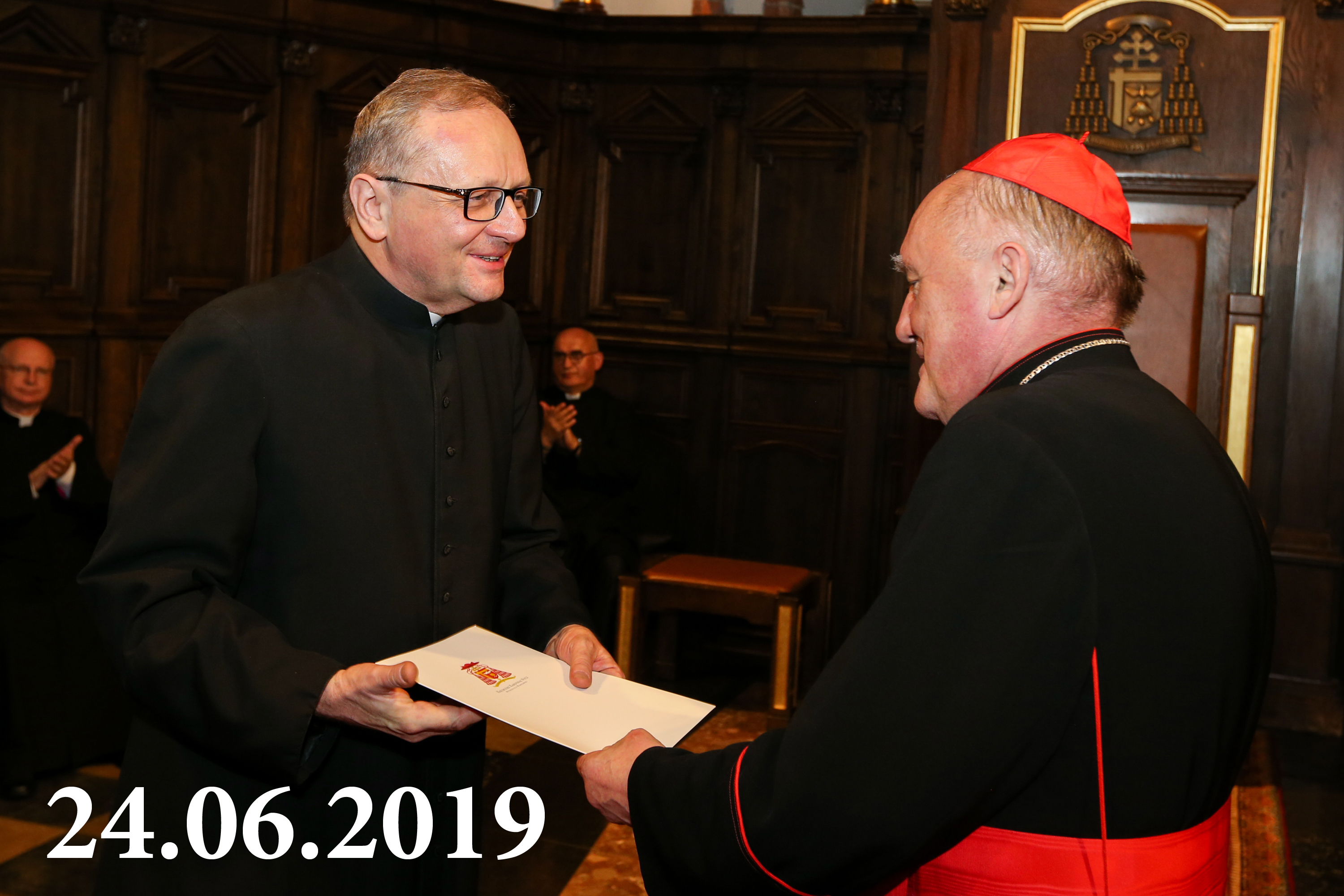Bolesław Szewc
Problems of Criticism of the Communist Poland’s Security Service (SB) Files as Historical Sources
Full text in English: https://doi.org/10.34766/fetr.v48i4.965 (Find the link to the PDF file there)
Abstract. Despite the passage of 20 years from the opening of the archives of the former SB, historians have not developed the principles of critical assessment of communist Security Service files (SB files) as historical sources, what favors the so-called gaming with files, and consequently the destruction of historical narratives and social life. Researchers and journalists developed an affirmative attitude towards the files of the communist Security Service, which resulted in neglecting the critical assessment of them. Historical methodologists indicate two main reasons of this situation: shaping the scientific department of the Institute of National Remembrance as an office, not a historiographic school, and the novelty of SB sources requiring the development of new heuristic rules for their interpretation.
According to the methodology of the history of Jerzy Topolski developed by Krzysztof Brzechczyn, the SB operational files constitute indirect sources addressed in a limited way. As addressed sources, they require the separation of the theoretical-ideological and rhetorical layers with the use of appropriate questionnaires. As indirect sources, they require examination of the credibility of their authors with the help of other questionnaires. As a rule, both of these requirements have been ignored by researchers.
Rafał Łatka gave the justification for the affirmative attitude towards the files of the communist Security Service. It has been shown that this justification contains logical error, and that the affirmative attitude to the SB files is contrary to the dynamic conception of the historical sources by J. Topolski and to the real examples of the unreliability of these files. According to the concept of J. Topolski, one source may have many degrees of credibility depending on the questions we pose to it. Using the example of the Operational Group for Disintegration Tasks in Department IV of the Ministry of Internal Matters (MSW), it was shown that the SB sometimes deliberately falsified reality by destroying its own files.
The next part proposes several ways of creating questionnaires to test the credibility of the authors of the SB files. Credibility questions posed to the sources must always concern specific authors and the chosen research field defined by the researcher. Here it is the first question: Was the work of the officers and their superiors in the researcher’s field of interest focused on efficiency or on statistics of results? Subsequent proposals suggest questions about the internal check-up of the examined matter, which should be confirmed with post-check-up reports. Their absence should be interpreted as a lack of check-up and as reduced credibility of the unwatched authors.
The next suggested questions concern the situation when files are asked about someone's cooperation with the communist Security Service (SB). It was affirmed that it is not enough to state that a given person was registered by the SB as a collaborator, because specific cooperation must be demonstrated. It is also necessary to take into account additional non-source information and, for example, ask the question: Did the position of the examined person allow him to obtain the information assigned to him by the SB?
There was justified that the credibility of the rapport decreases exponentially as a function of the number of intermediaries between it and the facts.
The need to ask about the intentions of officers was indicated. They could be related to their professional career, expectations of superiors, the need to display results, etc. The need to examine the differences of the case from the ideal pattern (according to the regulations) was also indicated.
Examination of the credibility of files has it’s ethical aspect. Research that may threaten the good fame of the people it concerns should meet the highest methodological standards and be guided by the principle of in dubio pro reo. Moreover in the absence of sufficient confirmation of the hypotheses, research should end with the conclusion that there is no justification for incriminating these people.




